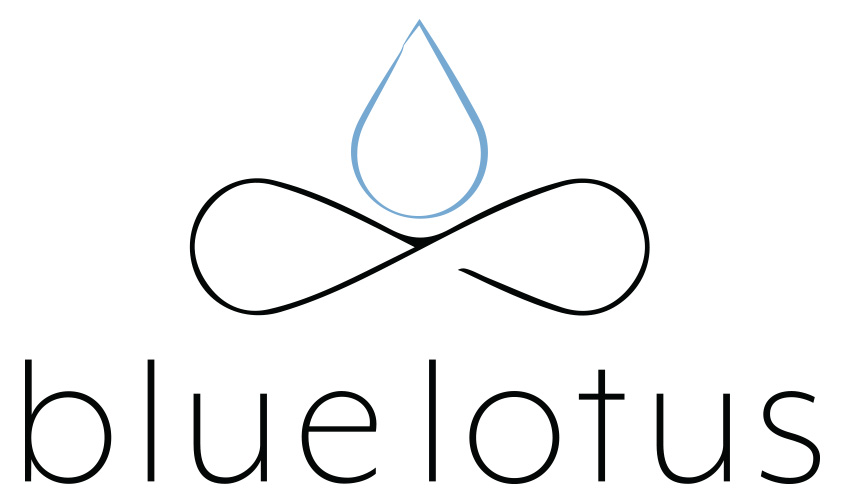Conscious Creation (unwinding the stories we never meant to live)
So much of our lives are shaped by stories we didn’t consciously choose. Stories that were absorbed and internalized before we had the capacity to question them. We took on labels, expectations, and roles without even realizing it. Why? Because at some point, our brain and nervous system decided: this is what I need to do to stay safe, to be loved, to belong.
For me, one of those stories landed in grade school, when I was stamped with the label “gifted and talented.” At the time, I didn’t know whether I should feel proud or embarrassed. In retrospect, it was probably a bit of both. In practical terms, it gave me access to summer programs in photography, theater, computing, orienteering— unheard of in rural Ohio in the early 1980s. But that privilege carried something sticky. Colliding and intersecting familial stories about “work = worth,” somewhere under the surface a realization sparked: I had a lot to live up to. I’d better do well. I’d better meet my potential and do something pretty amazing with my life. I’d better not let anyone down. I think I was ten. But the pressure was already turned up high.
From that point forward, I don’t remember ever feeling relaxed or confident in my abilities. Rather, I remember feeling deeply afraid that someone would discover I was neither gifted nor talented. That I was just average, at best. That I didn’t belong. And if I was not very, very careful, everyone would know. I’d be called out for the fraud that I was, and then what would become of me?
My response to this pressure? I learned to over-achieve. Wherever I was, I did my best to learn the ropes quickly and put in more hours than anyone else. I wore the appropriate outfit to look the part, and kept my head down, praying that my best “fake it ‘til you make it” approach would get me through. I figured out what was expected of me and made sure I delivered in spades. I became an expert at maintaining the image. I wasn’t trying to impress anyone—I was just trying not to get caught: imposter syndrome at its finest.
That internal fear—that at any moment, I might be exposed—never really went away. It followed me through school and into every job I landed post-university, all of which I was wildly unqualified for on paper. I struggled with feelings of inadequacy at every turn: not good enough, not smart enough, not interesting enough. But maybe, if I did everything expected of me (and then some) perhaps nobody would notice, and I could skate by undetected—imposter that I was. I thought this was just how life worked. But what I was really doing was living from a place of unconscious creation.
Unconscious creation is what happens when our conditioned beliefs and early survival strategies shape our choices and behaviors without us even realizing it. We think we’re making decisions, but we’re actually playing out old scripts. We recreate the same patterns over and over again—not because we’re not trying hard enough, but because something deeper is operating beneath the surface. And until we interrupt the patterns and integrate the fears that created them, we are bound to the rut.
Jung said it simply: “Until you make the unconscious conscious, it will direct your life and you will call it fate.”
Read it again. Because, that. That’s exactly what I had been doing. I was playing out old narratives—about not being good enough, the necessity of earning my worth, trying to prove I belonged—without even realizing it. My overworking wasn’t just a habit. It was a strategy to avoid the deep, painful belief that I wasn’t enough as I was.
I repeated the pattern again and again. In order to prove myself in professional environments, I expanded the strong work ethic I’d inherited from my family into full blown workaholism. This served to embed the internal story about not being good enough (constantly needing to prove myself). Doing a normal amount of work (just being me in the world) was never going to be enough. Until I uprooted this root fear that I wasn’t good enough, no amount of work would ever suffice– it would only dig a deeper hole of unworthiness. It’s the story of “if I do x, then it will be ok.” Unconscious creation is the most insidious form of self-sabotage, as we create the exact circumstances to mirror our deepest fears.
The alternative? Conscious creation. Conscious creation isn’t about becoming someone new—it’s about remembering who you are underneath the fear and programming. It’s about shining a light on the old beliefs that have been running the show. It’s about integrating the parts of yourself you exiled or disowned long ago in order to stay safe, to fit in. Conscious creation requires that you learn to live from choice, presence and possibility, rather than from your conditioned past— much of which was never yours to begin with.
This is the work I’ve been slowly expanding into over the past couple of years. It isn’t glamorous. But it is profoundly liberating. Because once you’ve seen the pattern and understand its roots, there is the possibility to stop repeating it. You can create something entirely new—not from compulsion, fear or obligation, but from clarity, alignment, truth and choice.
Imposter syndrome still knocks from time to time. But I know it now. I recognize her voice, and I no longer mistake it for reality. I see the old patterns and tendencies, and— most of the time— choose how I want to respond in the moment. There is more space, and with that space, infinite possibility.
Unearthing the unconscious beliefs that have been running your life until now, challenging and integrating the parts of yourself that were relegated to the shadow, and reframing your mindset to one of abundance, creativity and agency open the door for the truest you that you’ve ever known. What could be possible for you if you stopped living from unconscious fear, and started creating your life on purpose?
~~if you’re curious to learn more about this work, check out my website www.jillsockman.com~~


